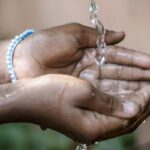We explain what water care is, why it is important and we give you tips to take care of it. Also, illustrative images.
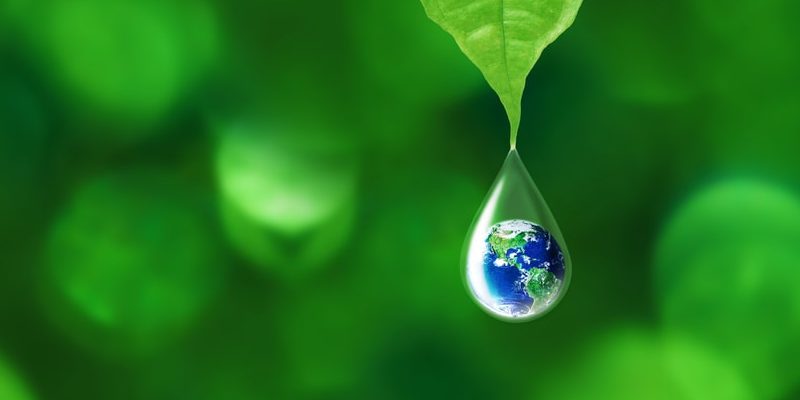
What is water care?
When we talk about water care, we refer to the rational use of water. This implies ensure the protection of clean and consumable water sources on our planet trying not to contaminate it, not waste it and thus preserve this vital liquid not only for our species, but for all life on planet Earth.
As we well know, Water is essential to sustain the planet's stable climate, for vital processes of all organisms. (such as photosynthesis) and to redistribute certain chemical elements throughout the planet (such as carbon).
At the same time, it is an abundant and common ingredient in the vast majority of human activities. To begin with, it is used in everyday life, for example to shower, wash, evacuate our waste, etc. On the other hand, it is used in agricultural and industrial work. Furthermore, our body requires its direct consumption, since it is made up of 70% water.
Importance of water care
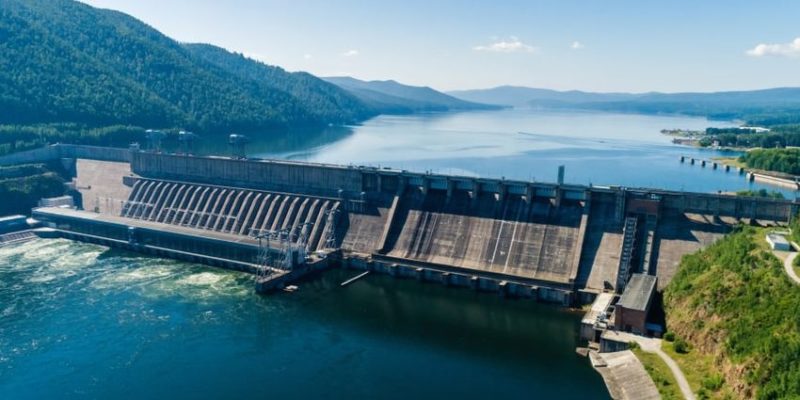
This may be obvious, but without water we could not live. All biochemical and physical cycles of our planet involve water one way or another. It is in the oceans that make up two-thirds of our planet, in the water vapor of our atmosphere and in dense ice sheets at the poles, which operate like enormous air conditioners to keep the climate stable.
However, water management by our species is far from ideal. Waste, pollution and waste of water are frequent while a significant part of the world's population lacks it and dies of thirst. Some data from the United Nations (2017) that details the magnitude of this is as follows:
- Water scarcity affects four out of 10 people in the world.
- 2.1 billion people lack access to drinking water services.
- 4.5 billion people lack reliable sanitation services.
- 1.5 million children die each year due to diseases linked to contaminated water.
- 80% of wastewater returns to the ecosystem without any type of treatment.
- 70% of the water extracted from the ecosystem in the world is consumed by agriculture.
- 75% of the water extracted for industrial purposes on the planet is used for energy production.
- 90% of the world's natural disasters are linked in one way or another to water.
- Only 3% of the planet's total water is consumable fresh water by the human being.
Recommendations for water care
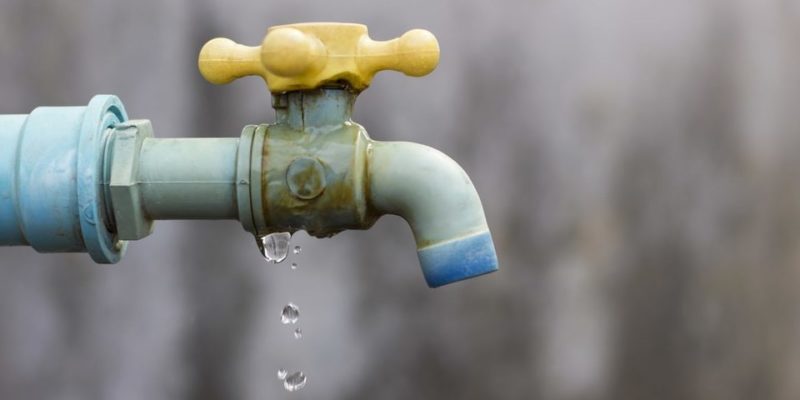
Below, some recommendations will be detailed for the correct management of water and to reduce the impact that human activities have on it and the ecosystem:
- Address water leaks in the toilet A loss of water of this nature means the sacrifice in vain of 100 to 1,000 liters of water daily.
- Turn off faucets that are not used When bathing, washing our hands, brushing our teeth or other daily activities, we can turn off the tap and turn it on again, instead of letting the water run without using it.
- Use recycled water to water plants As far as possible, do not use clean water for plant maintenance, especially if it is lawns or long areas of vegetation.
- Use the washing machine with full loads Let's make the most of the enormous amount of water that these machines use to wash clothes, like dishwashers and other similar appliances.
- Consume eco-friendly products Especially those products that end up being dumped into the sewer or other water sources, since this way we do not add additional contaminants to the wastewater. We must also avoid pouring used oils down the drain.
- Avoid wasteful activities Such as watering dirt roads, hosing sidewalks, especially during the day. Go to car washes as little as possible.
- Use electrical energy responsibly Although it may not seem like it, the waste of electricity also leads to the waste of water, since almost all energy is obtained from sources linked to water.
- Educate in responsible consumption Let's teach our children, friends, neighbors and acquaintances to respect and conserve water. Let us demand from our local and national governments campaigns to raise awareness and save water, as well as the installation of wastewater treatment plants and monitoring the use of water by large companies and industries.
water care images
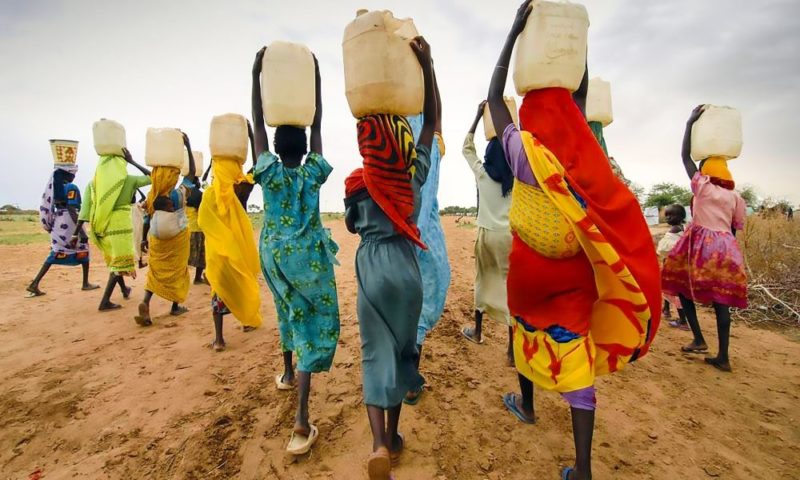
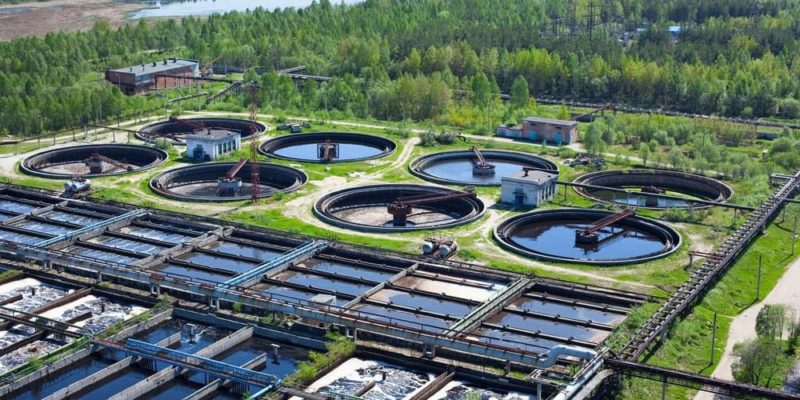
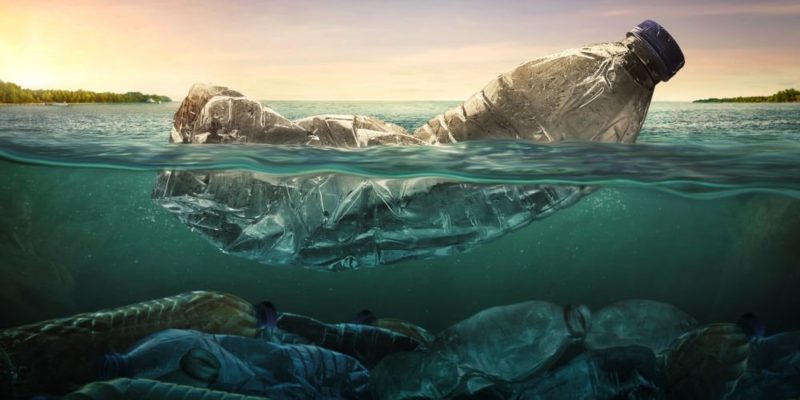
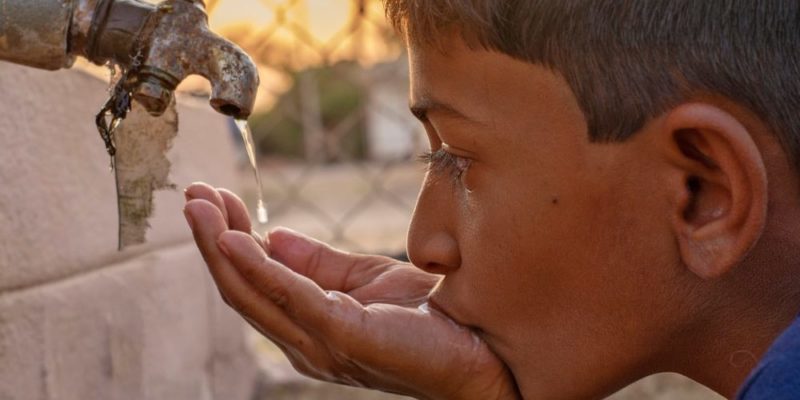
Continue with: Water cycle
References
- “Water” in the United Nations Organization.
- “Practical tips for caring for water” in the Citizen Government of Nuevo León (Mexico).
- “Water” in World Health Organization.
- “Water care” in Aguas Bonaerenses Sociedad Anónima.
- “Water conservation” (video) in GOOD Magazine.
- “Water conservation” in The Water Project.


